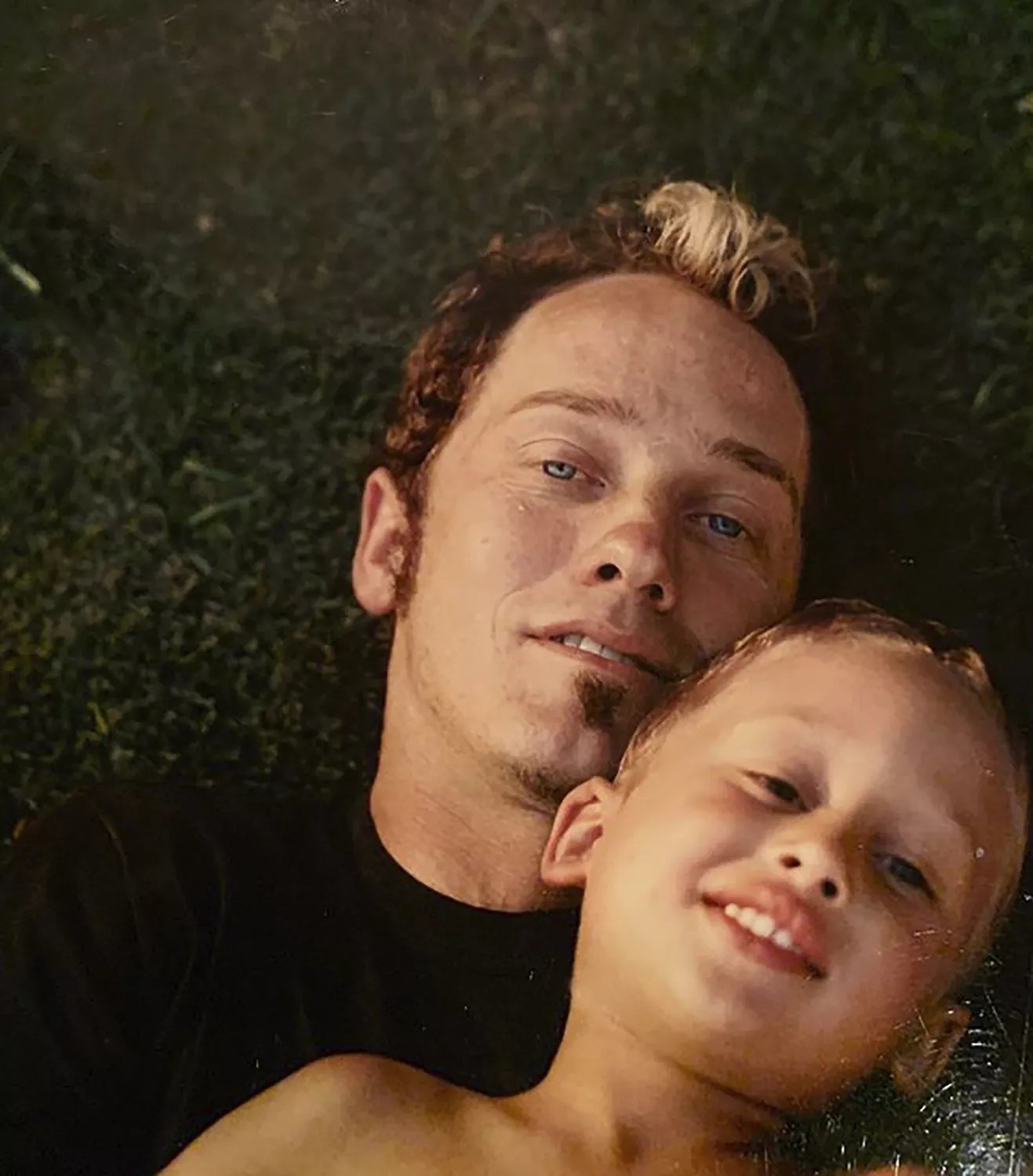
“I will forever be a different man,” the star, 57, tells PEOPLE in this week’s issue of the ways in which his life has changed since Truett, an aspiring rapper,died of an accidental drug overdosein October 2019. “I thought, honestly, with my five kids and my bride, that I had the perfect life. And we’re really messy now. It’s not so neat anymore.”
The McKeehan Family in 2018.Courtesy

Though the musician — who first rose to fame as a member of the Christian rock trio dc Talk, then found success as a solo artist — didn’t plan to write about his loss, he found himself eventually putting pen to paper anyway as a way of dealing with his grief.
As he continued to write, the songs progressed from sad (“21 Years,““Everything About You”) to more hopeful (“The Goodness,““Promised Land”) as his healing process evolved.
“The pain and anguish was just killing us. I never thought I would ever have it together again,” he says. “I want to write songs that resonate. It’s amazing how many people have experienced loss and how a song just loves them well, wherever they are. I’m so grateful for that.”
“I could not be more grateful [that I was there],” the musician says, noting that he was scheduled to fly out to Canada to tour that night before he rearranged his flight. “I’m just like, I have to be at his show. But in my mind he was going to do 20,000 other shows… I live across the street from where he did his last show and there’s a restaurant over there and some days I go to that restaurant and I just look over at the patio where I last saw him, and gave him a hug, and said, ‘I’m so proud of you,’ and I just cry.”
Truett McKeehan.Michael Wessner

Though some studies indicate thatcouples may drift apartafter the loss of a child, the seven-time Grammy Award winner says he and his wife’s bond has only grown stronger, as they’ve made an effort to be “more transparent” with one another.
That newfound transparency has spread to the entire McKeehan family, who now dedicate at least one or two nights a week to gathering around the fireplace and talking about whatever’s on their minds. It’s a practice that started when COVID first prevented them from going to church in person, but one that has prevailed in the years since.
“We just look each other in the eyes and talk about the hard things,” he says. “That’s been special to our family and needed… Truett was their hero, so it’s hard. Do we all know that he made a mistake? Absolutely. We all know what happened. My kids are aware, but it doesn’t tarnish the person that Truett is to any of us.”

His faith has also remained steadfast, and he cites a Bible passage — “God has rolled up his sleeves” — with giving him hope and allowing “little rods of light” to penetrate the darkness.

Amid the pain and the healing, Truett remains a steady presence, whether it’s through conversation or through theTruett Foster Foundation, which has so far put three young men through college via scholarships.
“We’re not scared to talk about it. It’s not a taboo subject. It’s something beautiful. [We have] the faith to believe, is Truett laughing at this right now? Is he saying, ‘Come on Dad, give him a break’ when I’m hard on his little brother? All that has been really good for us,” he says. “He’s part of an ongoing conversation. We meet every year at the park across the street where we had his service, and we tell stories about him — things he had done or said or made us laugh or when he was a bad boy or when he was so kindhearted. We remember him all the time.”
If you or someone you know is struggling with substance abuse, please contact the SAMHSA helpline at 1-800-662-HELP.
source: people.com